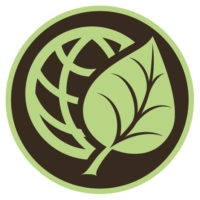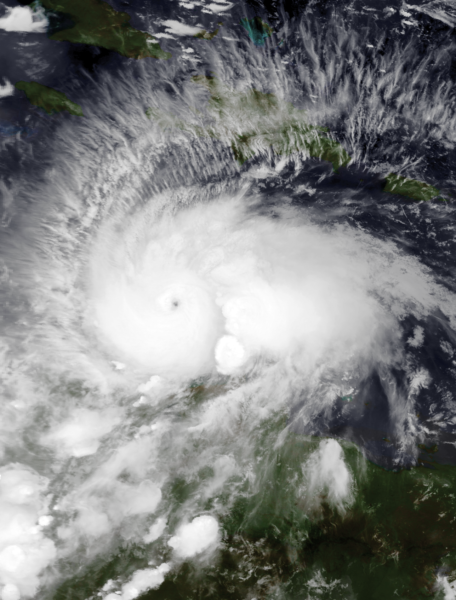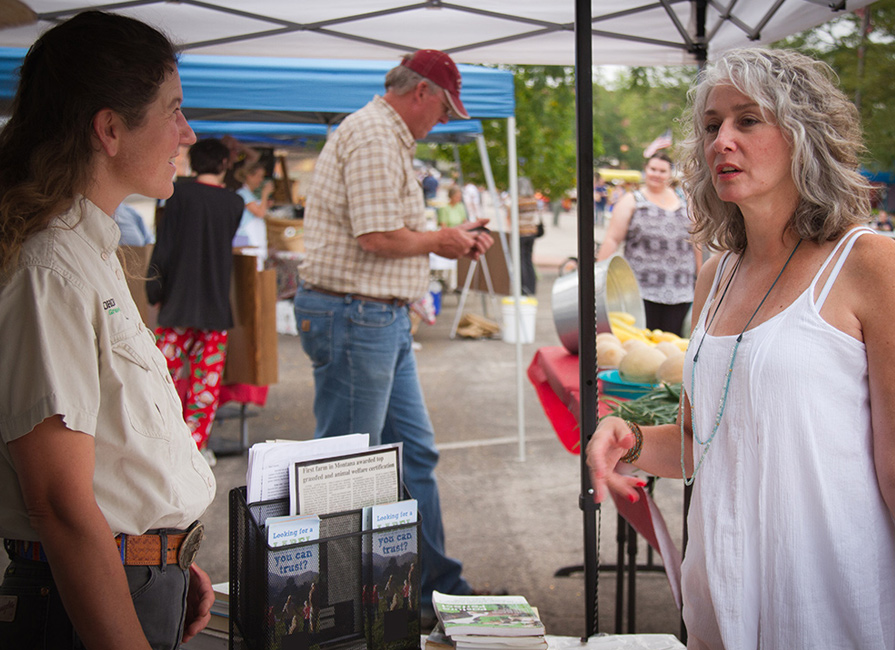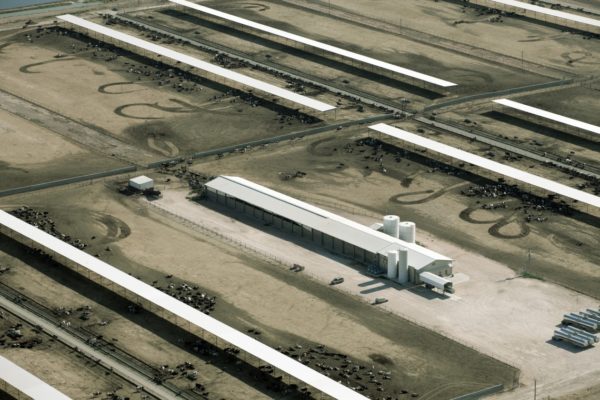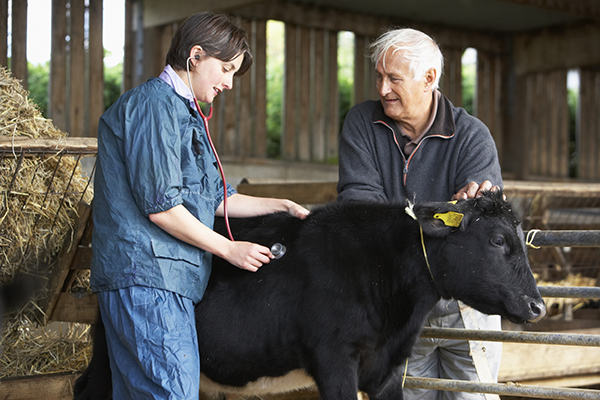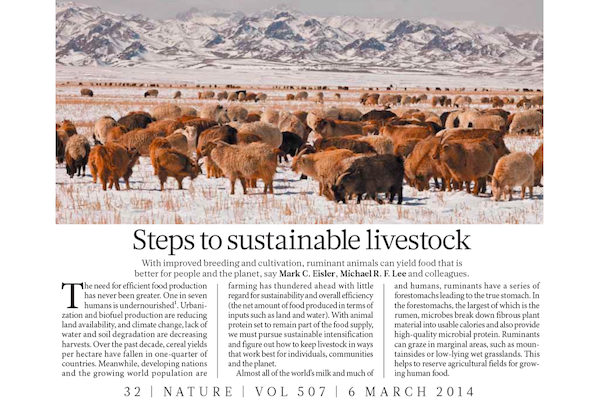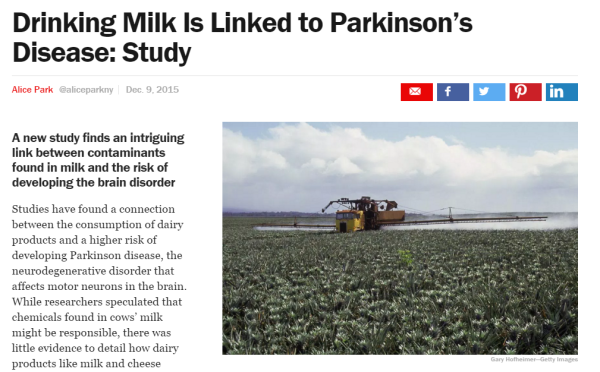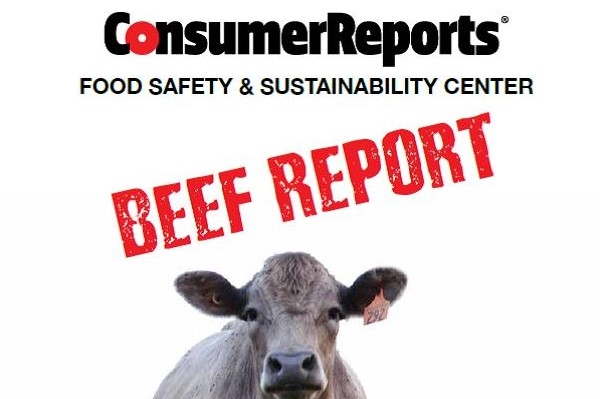Our Commitment
In the day after the conclusion of what has been an incredibly divisive election season, we at AGW want to take this opportunity to celebrate the values we share in common, and reaffirm our commitment to our farmers and supporters. Regardless of your stance on the final outcome of the U.S. election, through our programmatic work and family of certifications, AGW has been—and will continue to be—the following:

